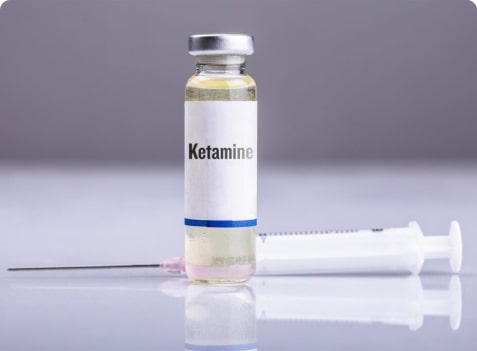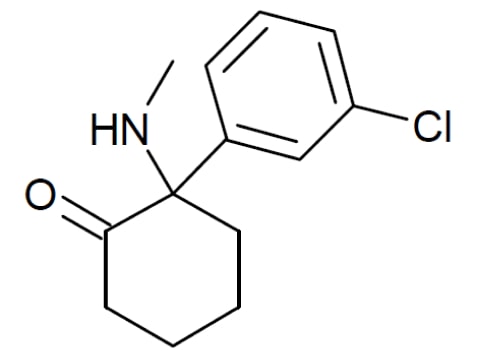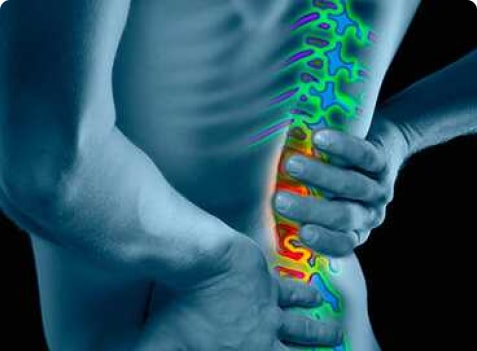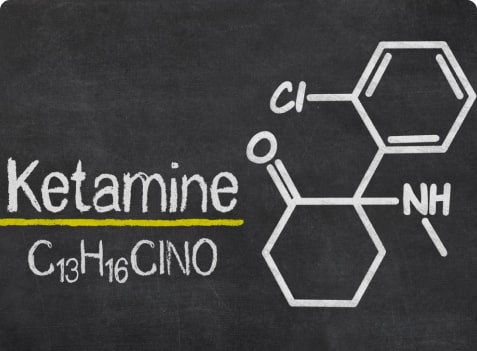Have you tried various medications and forms of therapy to treat your anxiety or PTSD, only to be met with lackluster results? If so, you may find quick, long-lasting relief of your symptoms through the controlled usage of Ketamine. Here are some things to know if you’re considering Ketamine.

- Ketamine is a dissociative aesthetic, meaning it works by blocking sensory perception.
- For decades, it has been used in medical anesthesia and veterinary medicine for pain relief, as well as inducing and maintaining sedation.
- The drug functions by disrupting glutamate, an excitatory neurotransmitter involved in learning, memory, emotion, and pain recognition. Glutamate also plays a role in mediating stress responses and forming traumatic memories.
- Ketamine has shown promising results in alleviating the symptoms of several anxiety disorders, including general anxiety disorder (GAD) and post-traumatic stress disorder (PTSD).
- After intravenous injection, patients report reduced anxiety within an hour, with effects lasting up to seven days following a single dosage.
- Ketamine can be administered at weekly intervals as a form of “maintenance dosing.” Eighteen out of twenty patients with GAD reported continuous improvement in social and work functioning during this maintenance period. These results persisted for up to fourteen weeks.
- Ketamine has also shown to be effective in rapidly and significantly reducing severity of symptoms among patients with PTSD.
- It is believed that this efficacy is due to Ketamine targeting and reconsolidating memories of traumatic experiences. This allows the brain to basically expel this trauma rather than retaining it, which can lead to dysfunctional patterns of thought and behavior.
Between thirty and forty percent of patients suffering from anxiety disorders are unable to achieve remission with the use of traditional antidepressants combined with psychotherapy techniques. Thankfully, there is a rapidly growing evidence base from many reputable sources indicating Ketamine may finally provide much-needed relief from these debilitating symptoms. If you’re interested in learning how Ketamine can help your treatment-resistant anxiety disorder, please contact Metropolitan Institute of Pain for more information.











